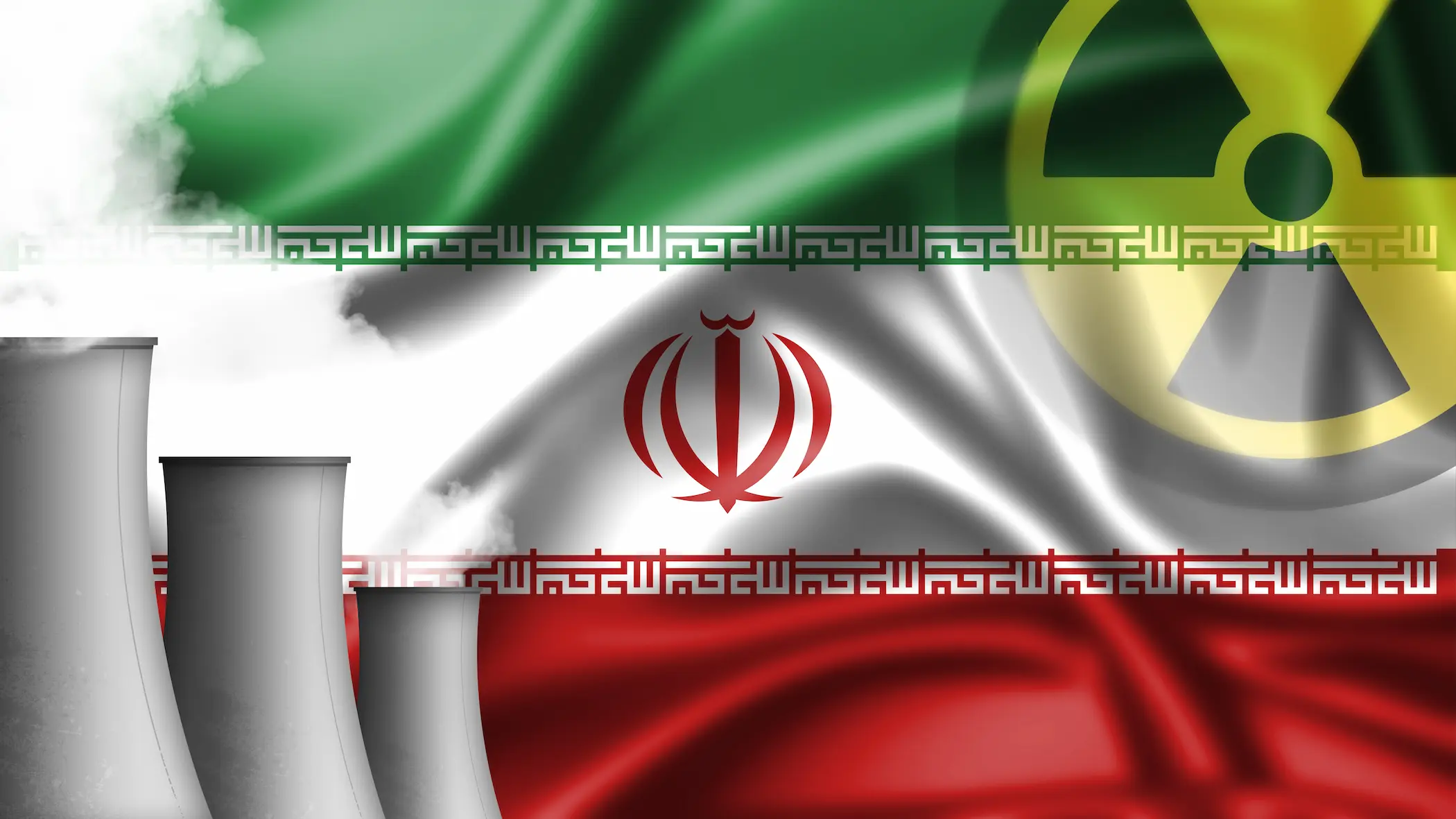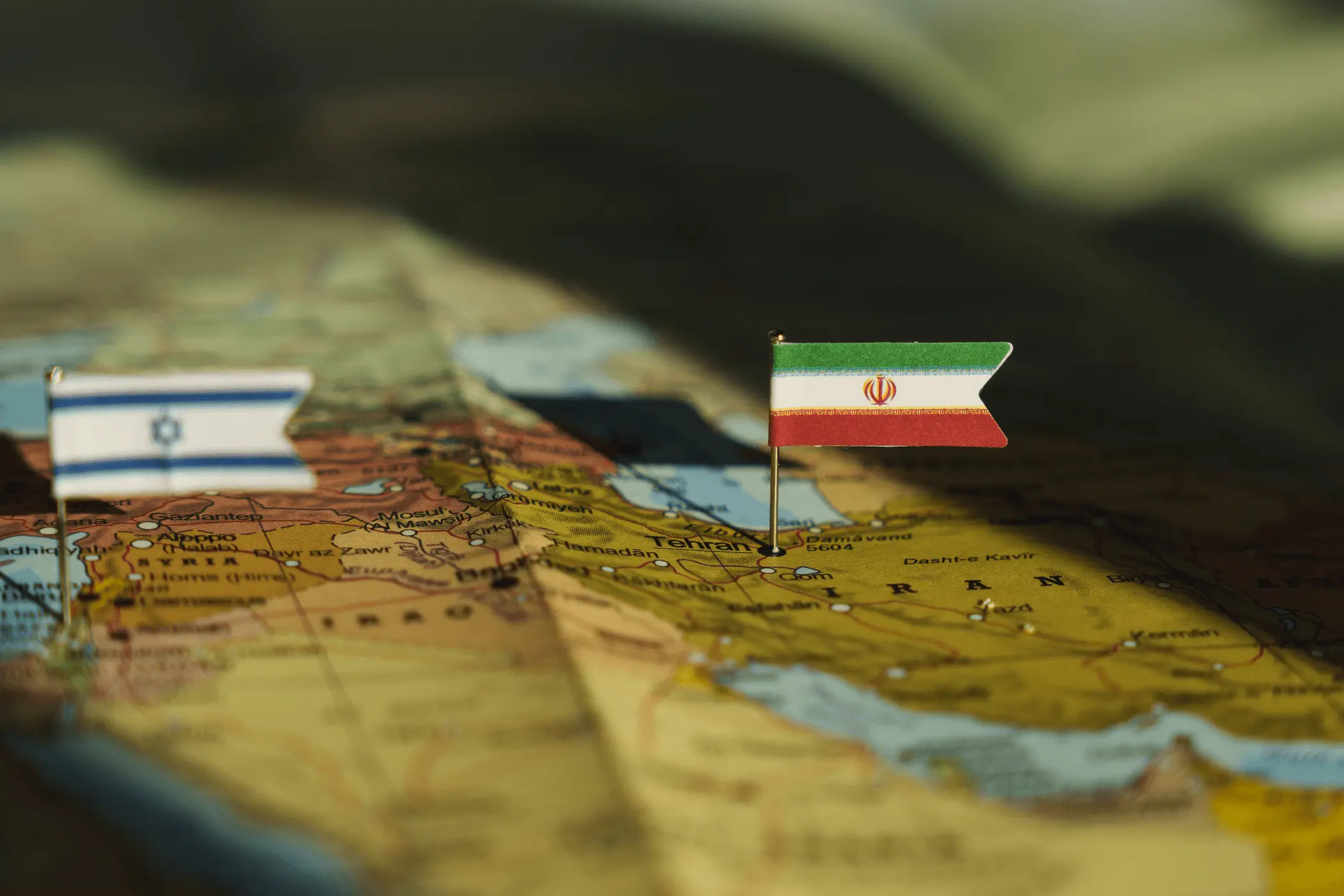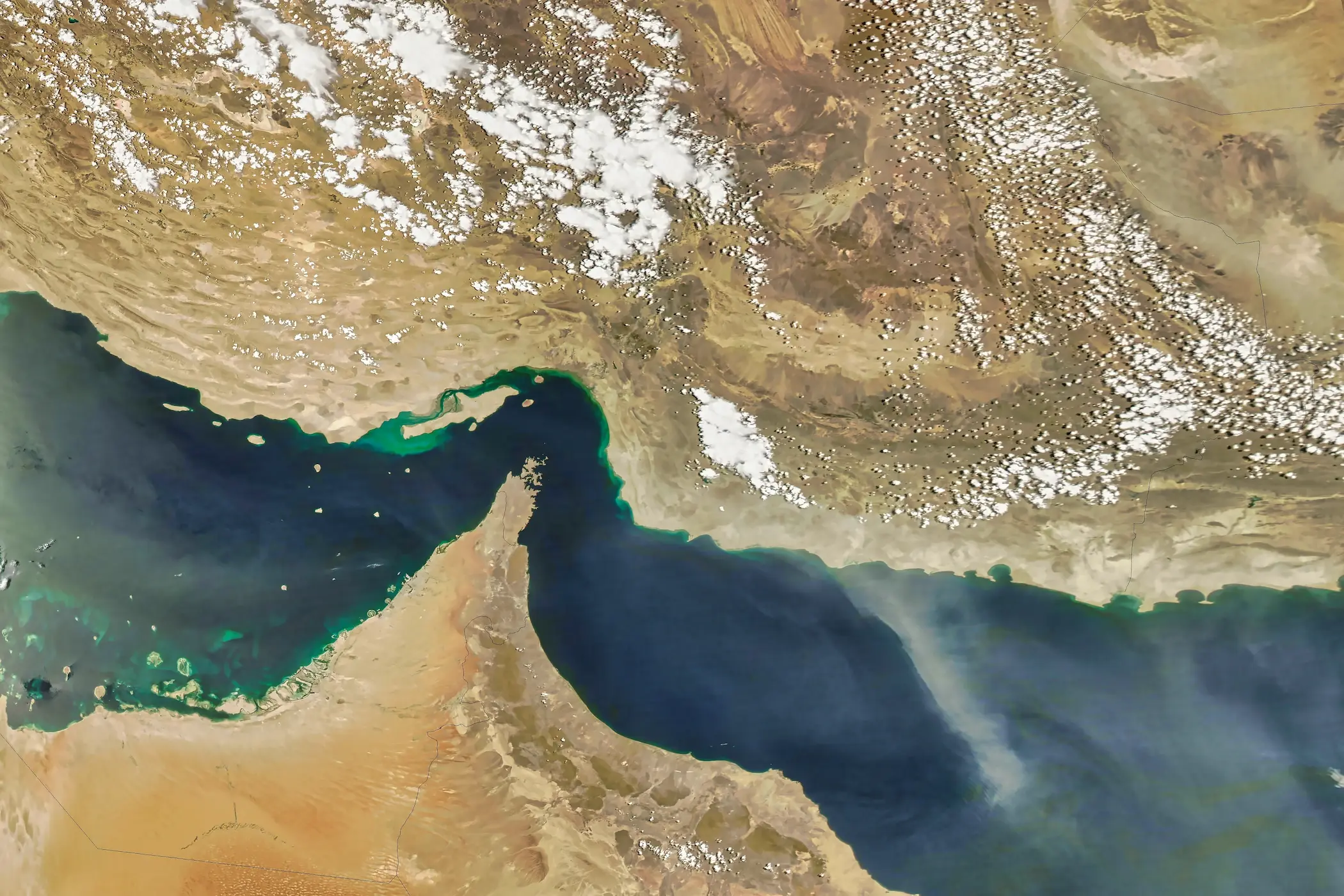Hybrid Escalation
The incident involving von der Leyen was not isolated but part of a pattern. As professor Matthew Sussex of the Australian National University called it, “an escalation” of Russia’s hybrid warfare, designed to intimidate leaders and demonstrate that “no one is safe.” Russia has deployed jamming and spoofing since at least the annexation of Crimea in 2014, targeting NATO’s eastern flank, civilian airlines, and even commercial shipping in the Baltic.
This particular event shows how GPS disruption is particularly dangerous because unlike missiles or drones, GPS jamming operates below the threshold of open warfare. It generates confusion without triggering NATO’s Article 5, the mutual defence clause that treats an attack on one member as an attack on all, or inviting immediate retaliation. In this sense, GPS interference is a perfect hybrid tool since it is low-cost, deniable, and highly disruptive.
What began as a European concern is now sweeping into countries in the Middle East, where the consequences are magnified by geography and geopolitics. The same tools of disruption used against NATO are now surfacing in a region that controls the world’s most vital shipping lanes and energy routes. Iran, Israel, and their allies have turned to GPS jamming and spoofing not only around military sites but across entire civilian domains, showing how this invisible weapon is expanding its reach into one of the most strategically fragile parts of the world.
On the military front, Iran has deployed ground-based systems such as Fajr and Nasr across the Arabian Gulf to interfere with U.S. surveillance aircraft, including RC-135s and MQ-9 drones. Israel, meanwhile, has countered with its own jamming tools to disrupt the guidance systems of Iranian missiles. Together these moves illustrate a digital tug-of-war in which the effectiveness of modern weapons increasingly depends on who can control, or deny access to, GPS signals.
Civilian life hasn’t been spared either, as seen in Iran’s capital, Tehran, where drivers reported their apps placing them hundreds of kilometres away from their true locations following Israeli strikes. Platforms like Snapp and Neshan saw navigation activity fall by as much as 20%, leaving drivers unable to work and even delaying emergency services.
The risks extend far past delivery drivers. Aviation, maritime trade, and even everyday mobility now rely so heavily on GPS that interference in one sector can ripple outward with destabilizing consequences. Nearly all civilian aircraft, for example, use GPS for route guidance and landing approaches, a vulnerability that requires little to exploit. As Flinders University’s professor Sam Drake has noted, “It’s extremely easy to jam with just a few hundred dollars’ worth of equipment.” While von der Leyen’s aircraft was able to land safely after interference in Bulgaria, experts warn that spoofing, a more sophisticated form of manipulation, can mislead pilots about their true location without triggering alarms, introducing far greater risks to passenger safety.
Tankers, container ships, and naval fleets navigating congested chokepoints such as the Strait of Hormuz also rely on GPS for positioning and safe passage. During the twelve-day Israel–Iran war, persistent jamming forced many vessels to limit movement to daylight hours, cutting traffic by nearly 20% and delaying global oil supplies.
Taken together, these disruptions show how attacks on navigation systems rarely remain confined to military domains since what might start as a hidden battle in the sky or at sea can quickly spill over into everyday life, putting pressure on vital infrastructure and shaking the stability of entire societies.
That vulnerability is magnified by the fact that, beyond guiding planes and ships, GPS has quietly become the heartbeat of modern economies where it underpins the financial system by timestamping transactions across global markets, keeps mobile networks synchronized so calls and data don’t collapse into chaos, and allows power plants and substations to operate in perfect rhythm across vast energy grids. Even emergency services, from ambulances to firefighting units, depend on precise GPS data to coordinate their responses.
The scale of this reliance on GPS makes any disruption deeply unsettling. If this can happen in heavily regulated and secure environments, the vulnerabilities are even greater in the Middle East, where conflicts are frequent and oversight can be weaker.
Signal Geopolitics
The geography of the Middle East makes the region particularly vulnerable to GPS disruption. At the heart of this risk lies the Strait of Hormuz, a narrow waterway about 34 kilometres wide through which nearly a fifth of the world’s oil supply flows. Recent disruptions have already reduced shipping traffic there by close to 20%, forcing vessels to wait offshore and pushing up global freight costs.
If disruptions like this became the norm, the impact could resemble the oil crises of the 1970s, but with a modern twist. Instead of embargos or blockades, ships might be quietly steered off course, vital oil deliveries delayed, and insurance prices sent soaring and it could all happen without a single missile being fired, with an invisible signal now causing the kind of damage once only possible through direct warfare.
Moreover, the problem is not limited to the Arabian Gulf but also to the ongoing crisis in the Red Sea which underscores the growing risk that non-state actors may expand their toolkit beyond drones and missiles. Groups like the Houthis have already demonstrated an ability to create global economic shocks. By targeting shipping in Bab al-Mandeb, the Houthis drove Suez Canal revenues down by $3.9 billion and forced canal traffic to drop by two-thirds, if that level of disruption can be achieved with drones, the implications of adding GPS interference are even more alarming.
Because GPS attacks are inexpensive, portable, and increasingly accessible, they pose a growing threat to critical chokepoints. Commercial jammers can be bought online for as little as a few hundred dollars, and more advanced military-grade jammers are available through state sponsors. In such congested shipping lanes, where vessels rely heavily on GPS to maintain tight traffic flows, even limited interference could create chaos, misplacing ships on digital maps, delaying convoys, or triggering collisions.
This possibility marks a dangerous evolution in asymmetric warfare, where non-state actors can use GPS disruption to exert leverage over global supply chains with lower political risk than missile strikes, since the interference is harder to attribute and operates below the threshold of conventional retaliation. The Houthis, Hezbollah, or other Iranian-backed groups could employ such tactics to magnify their influence far beyond their territorial reach, effectively holding chokepoints like the Strait of Hormuz or Bab al-Mandeb hostage through invisible disruptions.
It is unfortunate then that most countries in the Middle East remain almost entirely dependent on GPS, a reliance that only worsens the region’s vulnerability. However, a few countries, such as Iran, have floated the idea of migrating to China’s BeiDou system. But as some experts point out, such a shift would require “extensive and costly infrastructure changes” that are nowhere near being implemented. For now, the region remains trapped in GPS dependency, just one jammed signal away from paralysis.
Adding yet another geopolitical layer to the GPS battlefield, great powers are turning its vulnerabilities into tools of influence, exploiting GPS to advance their own interests and extend their reach. Russia and China have been actively promoting their own satellite navigation systems, GLONASS and BeiDou, as alternatives to GPS.
Thus, Iran considering pivoting towards China’s BeiDou illustrates how geopolitics and technology are intertwining, pulling its digital infrastructure more closely to Beijing and reinforcing new strategic alignments away from the West. The risk is that the world drifts toward a “navigation divide,” where the Middle East and other contested regions are pressured to choose between Western and Eastern systems. Such fragmentation would not just make it harder for countries to work together, it would harden existing geopolitical rifts at a time when global stability is already on shaky ground.
In light of this, the future of hybrid warfare will be shaped by which countries control navigation alternatives, and their ability to draw others into their orbit. States that fail to invest in resilient alternatives to GPS risk being left behind in a divided global system.
So, what happens if GPS disruption becomes a regular part of global life is not a difficult future to imagine, because its impact would be felt across every domain. Over time, countries may be forced to choose between competing navigation systems, tying their economic futures to the great powers that control them. In this emerging era, navigation is becoming the 21st century’s equivalent of oil, an essential yet invisible infrastructure whose disruption threatens both global security and economic stability.
References
Defense News Army 2025. “Breaking News: Iran Deploys Electronic Warfare Systems in Persian Gulf and Strait of Hormuz to Disrupt U.S. Stealth Aircraft.” Armyrecognition.com, 2025. https://armyrecognition.com/news/army-news/2025/breaking-news-iran-deploys-electronic-warfare-systems-in-persian-gulf-and-strait-of-hormuz-to-disrupt-u-s-stealth-aircraft?utm_source=chatgpt.com
24, France. “Iranians Struggle with GPS Disruption after Israel War.” France 24. FRANCE 24, August 17, 2025. https://www.france24.com/en/live-news/20250817-iranians-struggle-with-gps-disruption-after-israel-war
Combs, Cody. “Increased GPS Jamming Sparks Interest in Alternative Navigation Technology.” The National, July 2025. https://www.thenationalnews.com/future/technology/2025/07/02/inaccurate-gps-jamming-iran/
EIA. “Amid Regional Conflict, the Strait of Hormuz Remains Critical Oil Chokepoint – U.S. Energy Information Administration (EIA).” Eia.gov, 2024. https://www.eia.gov/todayinenergy/detail.php?id=65504
“Global Navigation Satellite System GNSS Radio Frequency Interference Global Navigation Satellite System GNSS Radio Frequency Interference Safety Risk Assessment,” September 4, 2024. https://www.iata.org/contentassets/c8e90fe690ce4047a8edfa97f4824890/iata_safety_risk_assessment_gnss_interference.pdf?utm_source=chatgpt.com
LaRocco, Lori Ann. “Strait of Hormuz GPS Jamming Remains Major Security Issue, Tanker CEO Says.” CNBC, June 24, 2025. https://www.cnbc.com/2025/06/24/strait-of-hormuz-gps-jamming-major-security-issue-tanker-ceo.html
Mahle, Melissa B. “GPS Jamming during Israel-Iran War Demonstrates Risks to Civilian Operations.” Steptoe, 2025. https://www.steptoe.com/en/news-publications/stepwise-risk-outlook/gps-jamming-during-israel-iran-war-demonstrates-risks-to-civilian-operations.html
Samir, Samar. “Egypt’s Suez Canal Revenues Go down by 61% to $3.9 Billion in 2024 due to Red Sea Tensions.” EgyptToday, April 17, 2025. https://www.egypttoday.com/Article/3/139635/Egypt%E2%80%99s-Suez-Canal-revenues-go-down-by-61-to-3
Wiseman, Lewis. “GPS Jamming Attack on Ursula von Der Leyen’s Plane Marks ‘Escalation’ in Russia’s Hybrid Warfare Tactics.” Abc.net.au. ABC News, September 2, 2025. https://www.abc.net.au/news/2025-09-02/gps-jamming-attack-russian-hybrid-warfare-tactic/105724262






















Comments